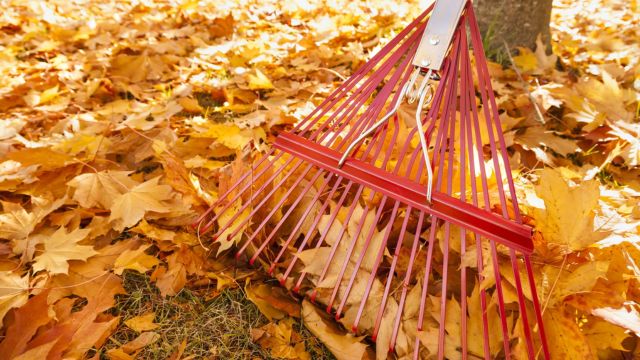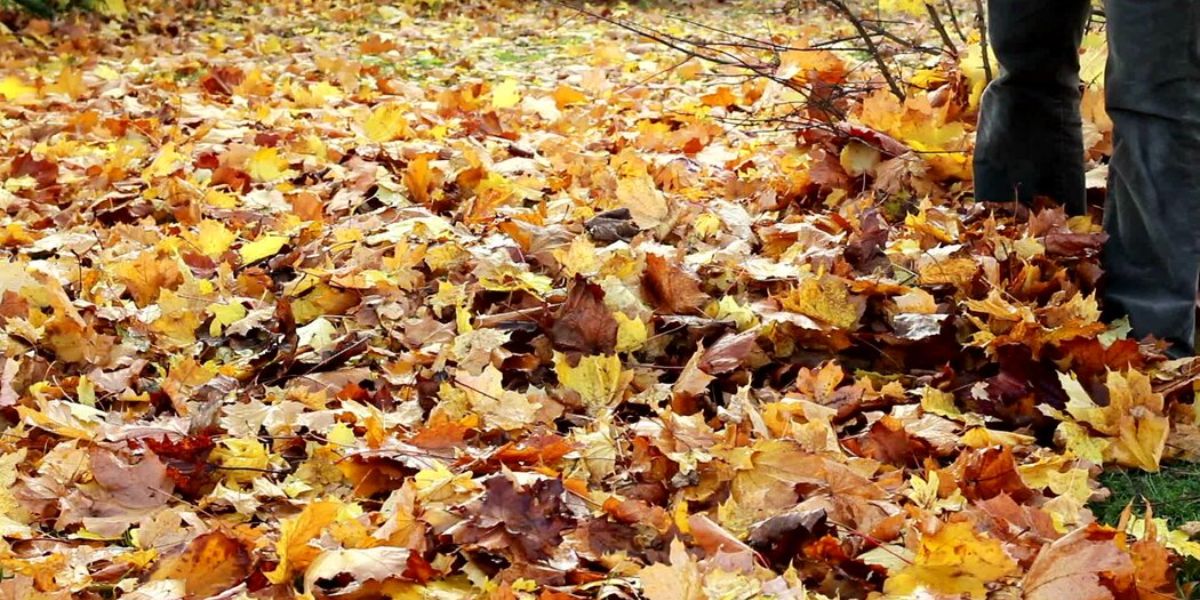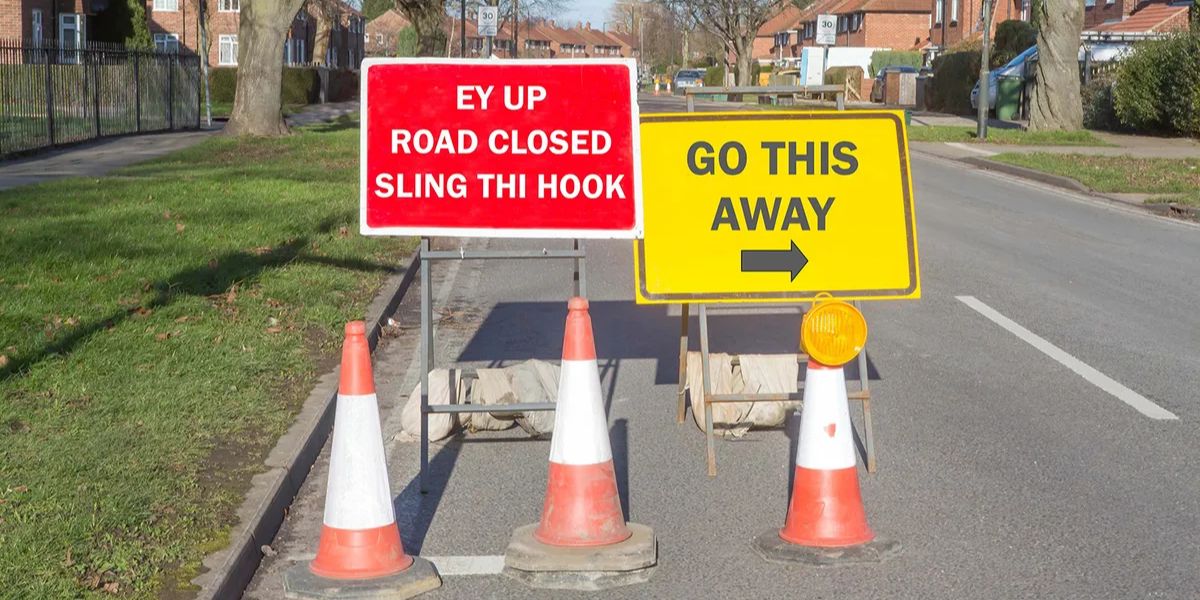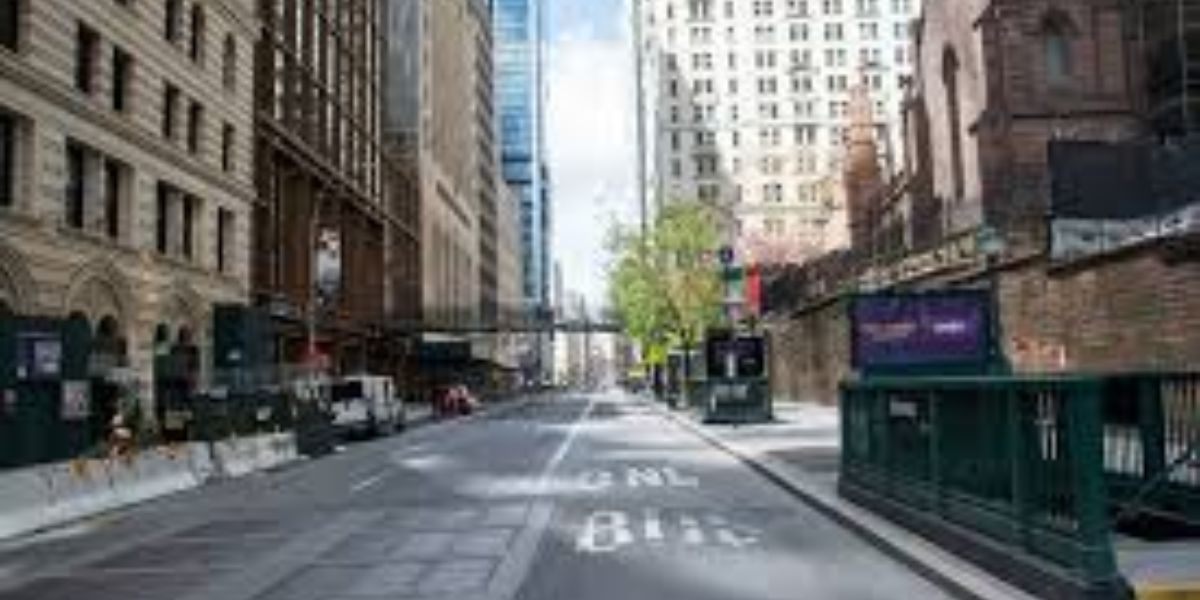MJP –
As autumn sets in and New York landscapes become filled with vibrant shades of red, orange, and yellow, many homeowners may wonder: Are you legally required to rake those fallen leaves?
While raking leaves can keep yards looking tidy and prevent certain hazards, the legal obligations surrounding leaf cleanup can vary based on local regulations and community guidelines.
Is There a Statewide Law Requiring Leaf Raking?
In New York, there is no statewide law that explicitly mandates homeowners to rake leaves on their private property. However, many cities, towns, and homeowners’ associations have their own local rules regarding yard maintenance, including leaf removal, especially in areas where leaf buildup can affect storm drains, sidewalks, and public areas.

Understanding these guidelines is essential to avoid potential fines and ensure your yard care aligns with neighborhood expectations.
Local Ordinances on Leaf Removal
Several New York municipalities have specific ordinances about leaf management, particularly regarding leaves that fall on sidewalks, driveways, or roads adjacent to private properties. For example:
- Sidewalk and Roadway Cleanup: Some cities require property owners to keep sidewalks and roadways clear of leaves and debris. This is primarily a safety measure to prevent slips, falls, and potential accidents, especially in areas with high foot traffic.
- Storm Drain and Gutter Regulations: Leaves left near storm drains or gutters can lead to clogs and flooding, which can cause damage to public infrastructure. In cities like New York City, homeowners may be asked to prevent leaves from obstructing these areas.
Violating these local ordinances may lead to fines, especially if leaf accumulation becomes a hazard to public safety or impedes city services like street sweeping.
Homeowners’ Association (HOA) Rules
Florida Homeowners Hit Hard: Property Taxes Surge Alongside 50% Increase in Home Values
If you live in a neighborhood governed by an HOA, you may be required to follow specific yard maintenance standards, including leaf raking. Many HOAs require residents to keep their yards clear of excessive leaves to maintain neighborhood aesthetics and prevent pest infestations. Failing to comply with HOA guidelines could result in warnings or even fines, depending on your association’s rules.
Environmental Considerations: Mulching and Leaving Leaves in Place
Interestingly, many environmentalists advocate for leaving some leaves on the ground. Leaves act as a natural mulch, helping to insulate soil and provide habitats for beneficial insects, which can be beneficial to local ecosystems. Leaving leaves in flower beds or gardens (rather than in grass) can also provide essential nutrients to the soil as they break down.
For those who want to reduce yard waste without violating any local ordinances, mulching leaves is an eco-friendly option. Many lawnmowers come with a mulching feature, allowing you to shred leaves into smaller pieces that decompose quickly, adding nutrients to your lawn without creating a thick layer that can smother grass.
Proper Leaf Disposal: What New York Recommends
If you choose to rake your leaves, New York offers several recommended disposal options:
- Composting: Composting leaves is a sustainable way to dispose of them, creating a nutrient-rich soil additive that can benefit your garden.
- Municipal Collection Programs: Many New York cities offer seasonal leaf collection services. Some municipalities provide leaf bags or schedule specific pickup days for leaf disposal. Be sure to follow any local guidelines regarding leaf bagging or placement.
- Drop-Off Locations: Some towns provide designated leaf drop-off sites where homeowners can bring collected leaves, which are then composted or processed by the municipality.
Tips for Responsible Leaf Management
While you may not be legally required to rake your leaves, here are some tips to maintain a safe and environmentally friendly yard during the fall season:
- Rake Regularly: Regularly clearing leaves from sidewalks and public-facing areas can help you stay compliant with local ordinances and prevent buildup.
- Mulch When Possible: If you have a mulching mower, consider mulching leaves directly on your lawn. This not only saves time but also provides nutrients to the soil.
- Compost Leaves: If you have the space, composting leaves is an excellent way to enrich your garden soil.
- Use Biodegradable Bags: If your municipality requires bagged leaves, opt for biodegradable bags to reduce plastic waste.
Conclusion
In New York, leaf raking isn’t necessarily a legal requirement, but local ordinances and HOA rules may call for some level of leaf management.
Understanding your community’s guidelines can help you maintain a tidy yard without risking fines. Whether you rake, mulch, or compost, managing your leaves responsibly can benefit both your property and the environment.




